- 911 Carrera GTS: Innovative, lightweight T-Hybrid with a newly developed 3.6-litre six-cylinder boxer engine, electric turbocharger and electric motor
- Striking design with active aerodynamics
- Fully digital cockpit
- 911 Carrera with revamped 3.0 six-cylinder boxer engine
- Porsche rounds out its 2024 year of product launches with the iconic 911
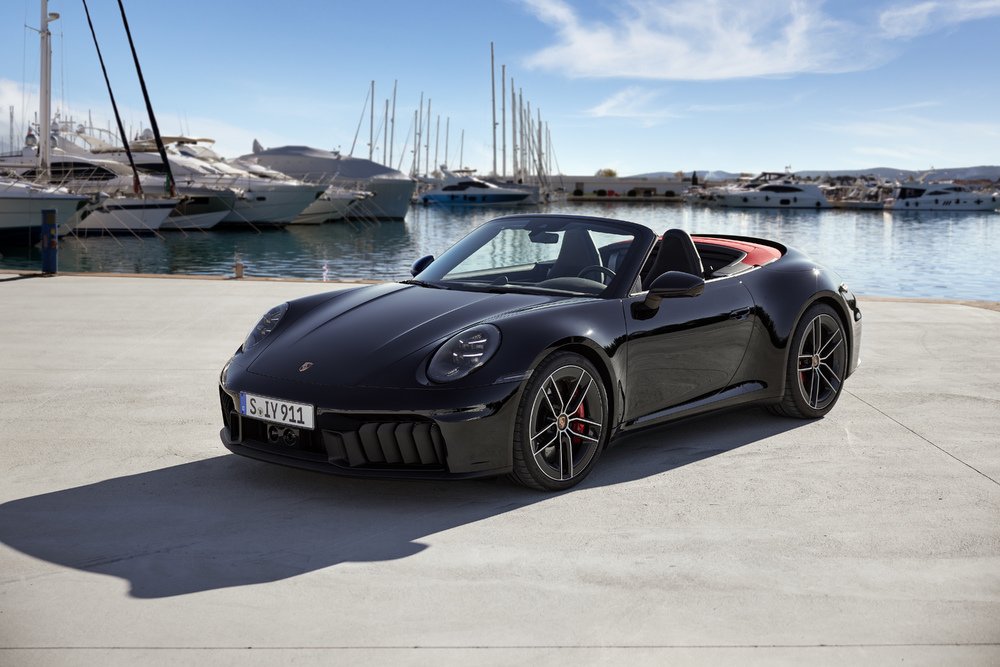
Porsche has fundamentally upgraded the iconic 911 sports car. The new 911 Carrera 4 GTS is the first street-legal 911 equipped with a super-lightweight performance hybrid. The newly developed, innovative powertrain system, with 3.6 litres of displacement, delivers significantly improved driving performance. The 911 Carrera 4 GTS Coupé accelerates from zero to 100 km/h in 3.0 seconds and reaches a top speed of 312 km/h. The 911 Carrera will also be available immediately upon the launch of the new model. It is powered by a lightly modified 3.0-litre twin-turbo boxer engine that is more powerful than its predecessor’s. The new 911 also features a revamped design, better aerodynamics, a fresh interior and upgraded standard equipment.
With the relaunch of its iconic model, Porsche has modernised four of its six model lines in just a few months: Panamera, Taycan, Macan and 911.
“Our product portfolio is younger than ever and highly attractive,” said CEO Oliver Blume. “It offers our customers even more customisation options and exclusive experiences.”
Inspired by motorsport: innovative performance hybrid
For the new 911 Carrera 4 GTS, Porsche’s engineers used knowledge gained from motor racing as the basis for designing the hybrid system.
“We developed and tested a wide variety of ideas and approaches to arrive at the hybrid system that would suit the 911 perfectly. The result is a unique drive that fits into the overall concept of the 911 and significantly enhances its performance,” said Frank Moser, Vice President Model Lines 911 and 718.
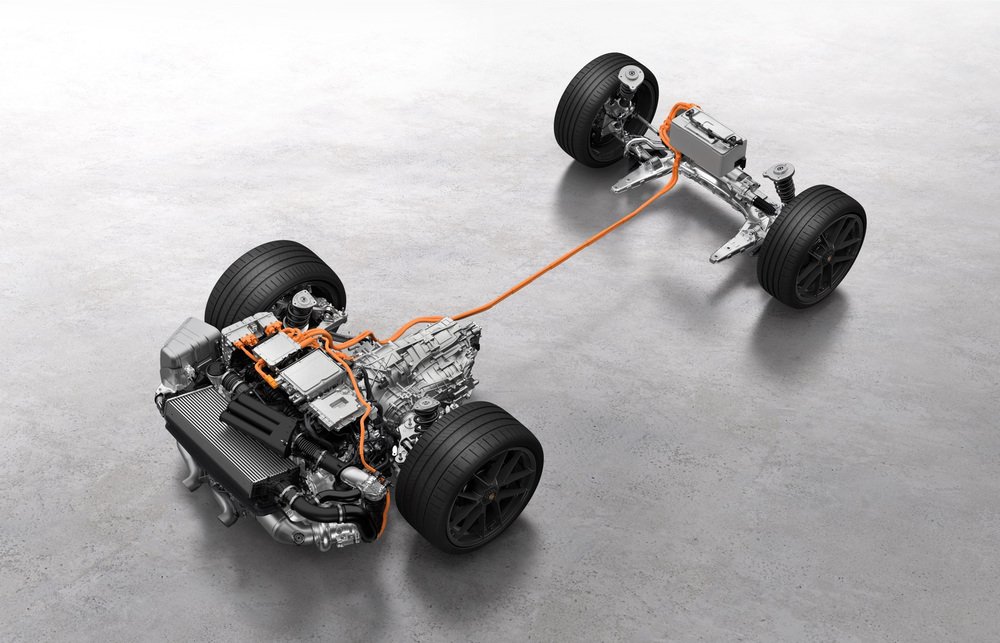
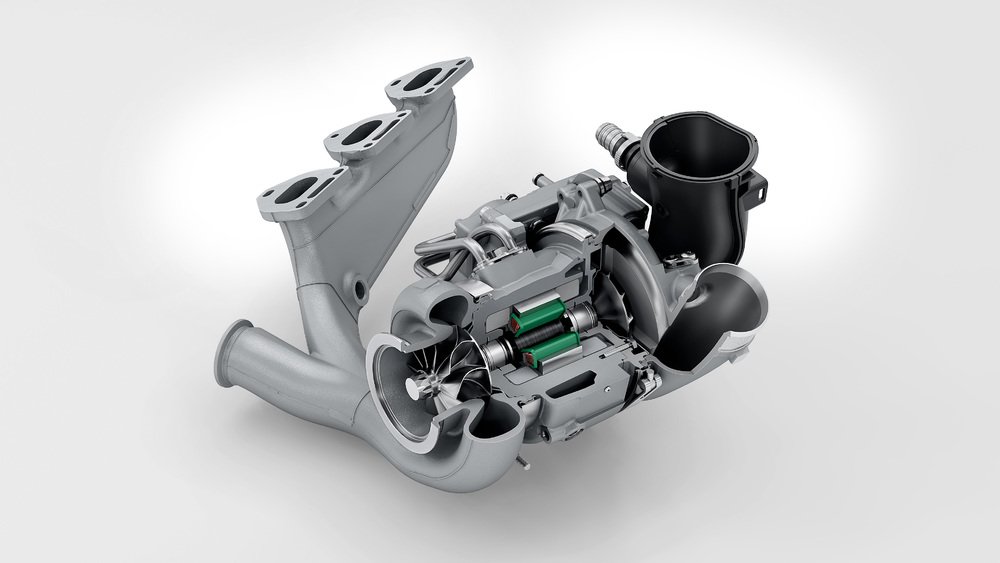
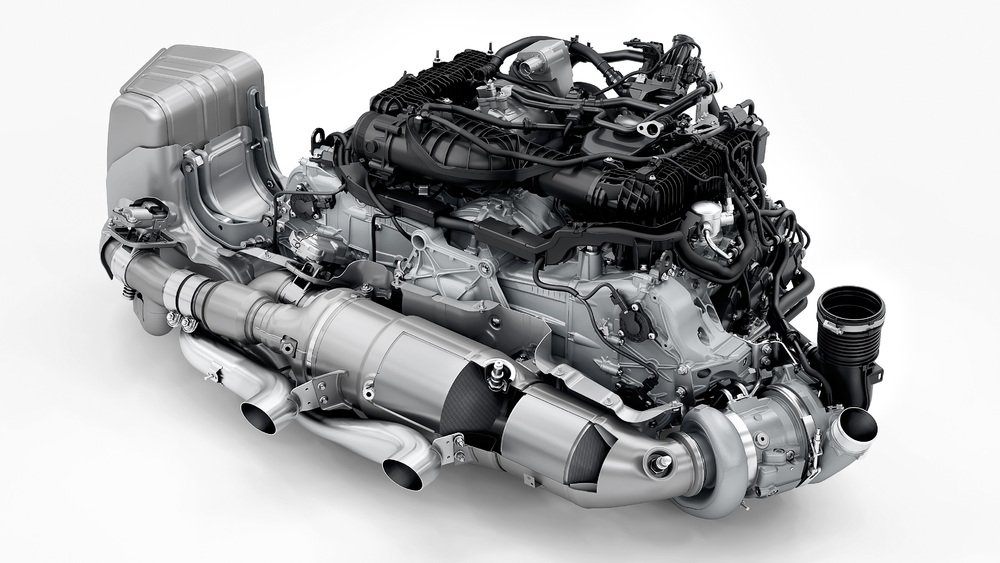
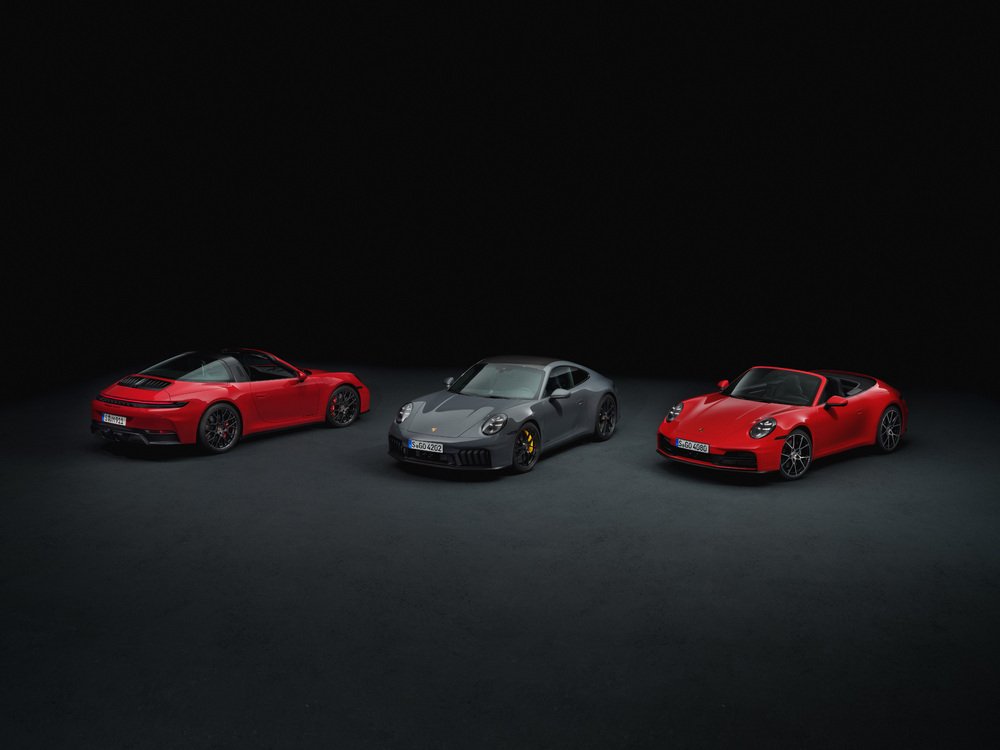
The lightweight and powerful T-Hybrid system has a newly developed electric exhaust gas turbocharger. An integrated electric motor, placed between the compressor and turbine wheel, instantaneously brings the turbocharger up to speed. This immediately builds up boost pressure. The electric motor in the exhaust gas turbocharger also functions as a generator. It generates up to 11 kW (15 PS) of electric power. This energy is extracted from the exhaust gas flow. The wastegate-free electric turbocharger allows the use of only one turbocharger instead of the previous two, which ensures a more dynamic and responsive power delivery.
The powertrain also includes a permanent magnet synchronous motor integrated into the new, more powerful eight-speed dual-clutch transmission (PDK). Even at idle speed, it supports the boxer engine with extra drive torque of up to 150 Nm and provides a power boost of up to 40 kW. Porsche couples both electric motors to a lightweight and compact high-voltage battery. It corresponds in size and weight to a conventional 12-volt starter battery, but stores up to 1.9 kWh of energy (gross) and operates at a voltage of 400 V. For an optimised overall weight, Porsche has installed a lightweight lithium-ion battery for the 12 V on-board electrical system.
The heart of the T-Hybrid drive is a newly developed 3.6-litre boxer engine. The high-voltage system allows the air-conditioning compressor to be driven electrically and the belt drive to be omitted as a result, making the engine much more compact. This creates space above the power unit for the pulse inverter and DC-DC converter. An enlarged bore of 97 mm and an increased stroke of 81 mm increase the displacement by 0.6 litres compared to its predecessor. The engine has VarioCam camshaft control and a valve control with rocker arms. It maintains the ideal mixture ratio of fuel and air over the entire map (lambda = 1).
Even without electrical assistance, the boxer engine delivers 357 kW (485 PS) and 570 Nm of torque. In total, the system output is 398 kW (541 PS) and 610 Nm. The power increase over its predecessor is 45 kW (61 PS). The new 911 Carrera 4 GTS also beats its predecessor in the sprint to 100 km/h, particularly off the line. The efficient performance hybrid achieves highly dynamic driving characteristics while at the same time reducing CO2 emissions with significantly less extra weight compared to plug-in hybrid vehicles. The weight increase over its predecessor is a mere 50 kilograms.
The 911 Carrera still features a 3.0-litre boxer engine with twin turbocharging. This engine, too, has been comprehensively revamped. Among other things, it has now adopted the intercooler from the Turbo models, which now sits directly under the rear lid grille, above the engine. The turbochargers in the new 911 Carrera were reserved for the GTS models in its predecessor. With these modifications, Porsche simultaneously achieves a reduction in emissions and a power boost to 290 kW (394 PS), along with maximum torque of 450 Nm. The new 911 Carrera Coupé goes from 0 to 100 km/h in 4.1 seconds (3.9 seconds with the Sport Chrono package) and boasts a top speed of 294 km/h. Compared to its predecessor, this represents an improvement of 0.1 seconds and 1 km/h respectively.
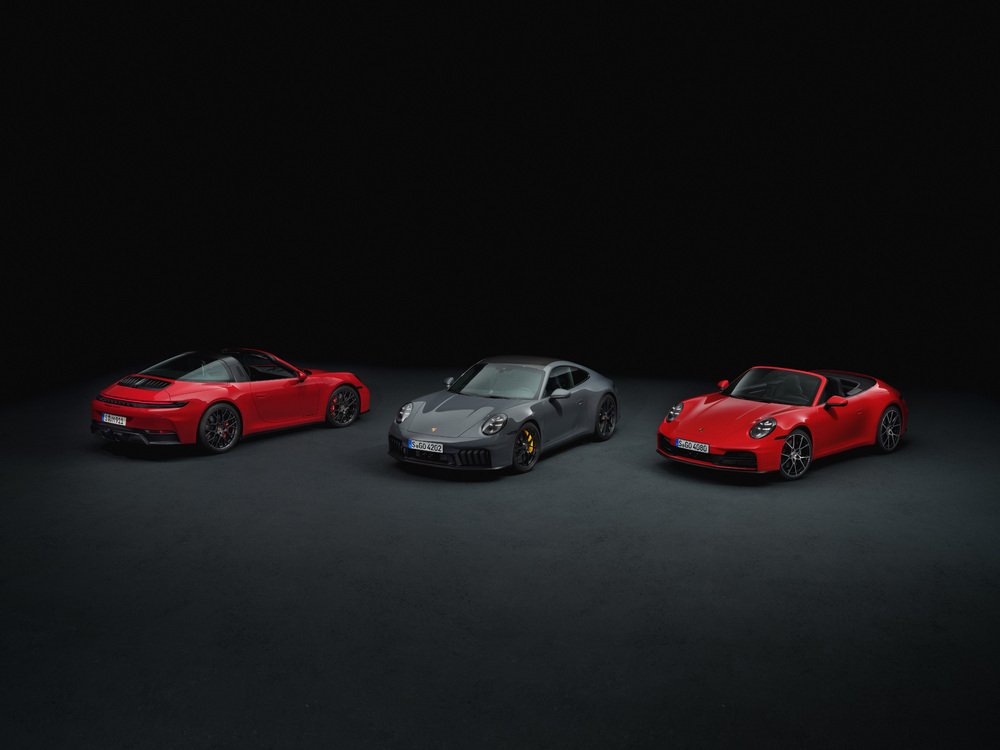
Optimised suspension and active aerodynamics
The suspension of the 911 Carrera 4 GTS has also been comprehensively revised. For the first time, rear-axle steering now comes as standard. It increases stability at high speeds and reduces the turning circle. Porsche has integrated the Porsche Dynamic Chassis Control (PDCC) anti-roll stabilisation system into the high-voltage system of the performance hybrid. This enables the use of an electro-hydraulic control system, which makes the system even more flexible and precise. The sports suspension with a variable damper system (PASM) and a ride height lowered by 10 mm provide characteristic GTS handling.
A total of seven 19-/20-inch or 20-/21-inch wheel designs are available for the new 911. Available for the first time in the 911 Carrera are Exclusive Design wheels with carbon blades that reduce the drag coefficient and therefore increase efficiency. The 911 Carrera 4 GTS rolls on 21-inch wheels with a width of 11.5 inches and 315/30 ZR 21 tyres at the rear as standard. At the front are 245/35 ZR 20 tyres on 8.5-inch- wide 20-inch wheels. In line with the significantly enhanced performance, the wider footprint of the rear tyres improves the driving dynamics and traction of the new 911 Carrera 4 GTS.
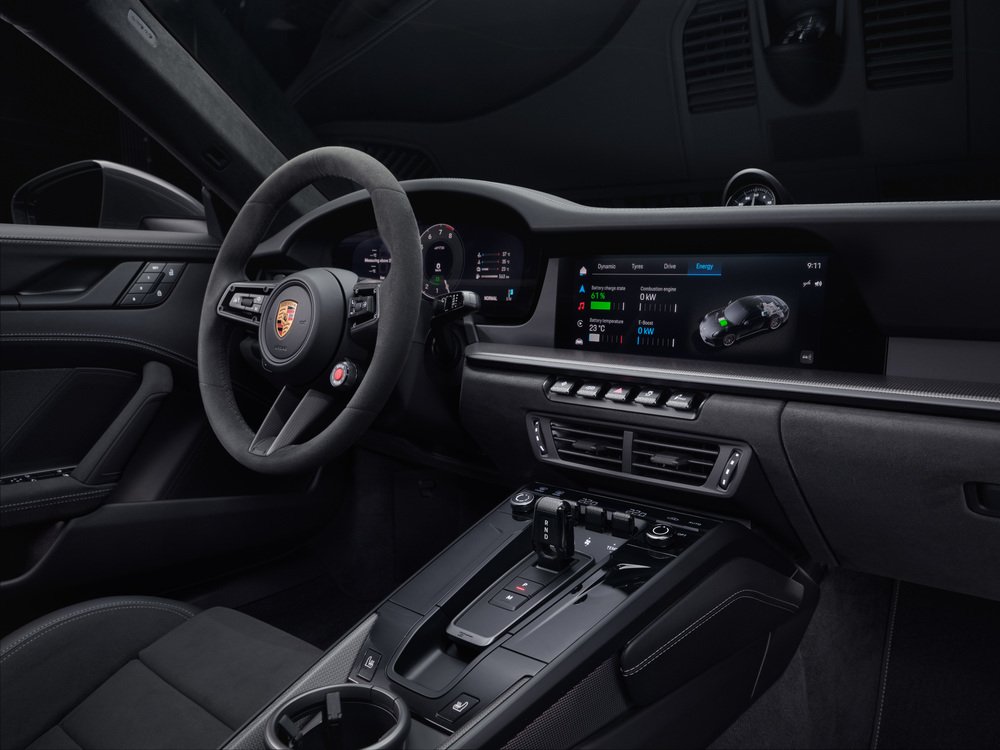
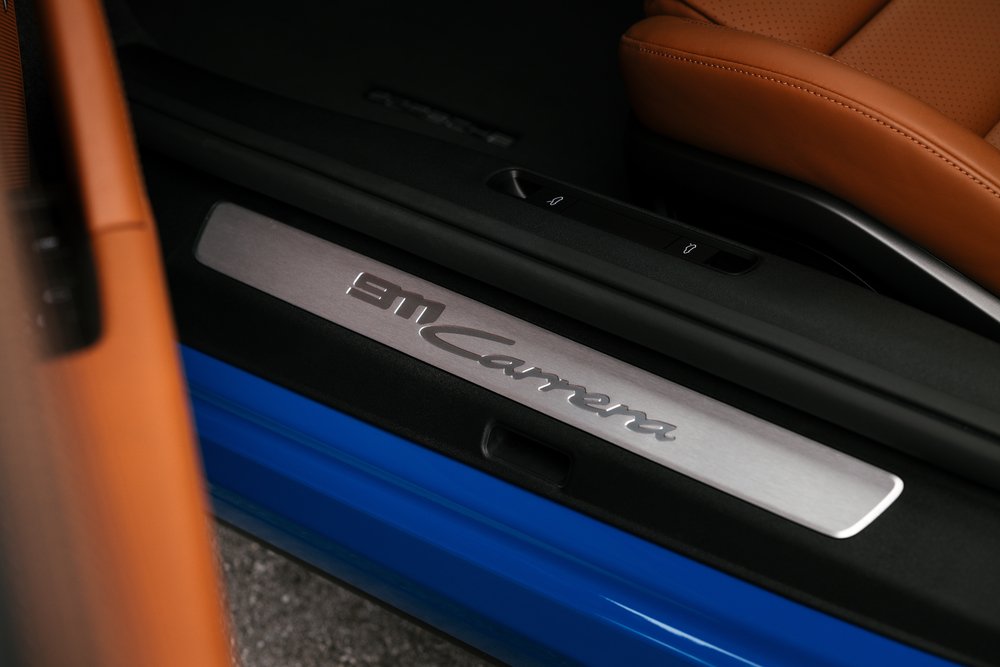
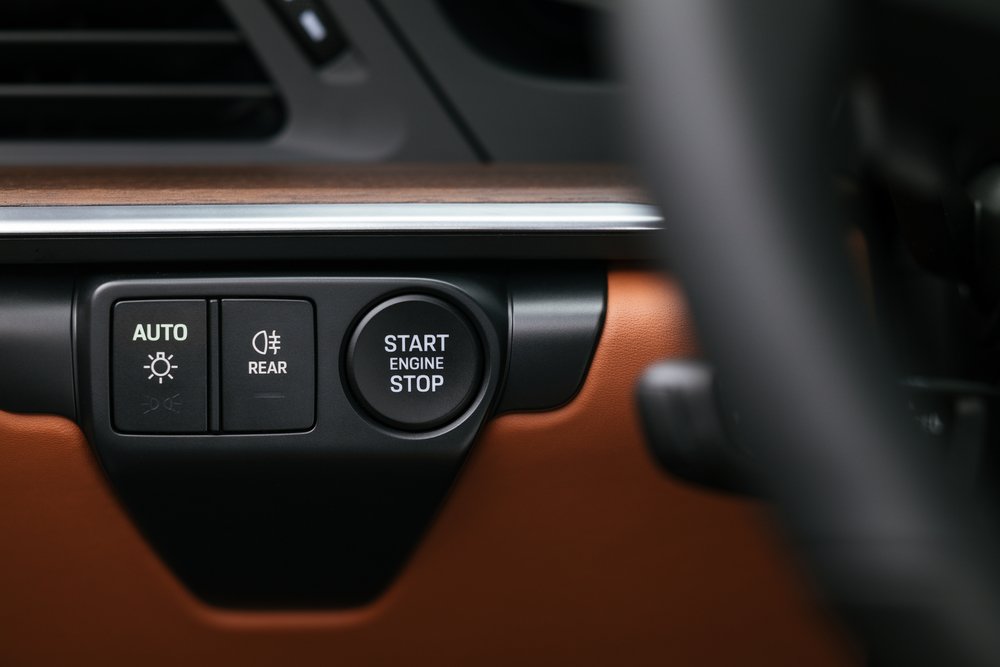
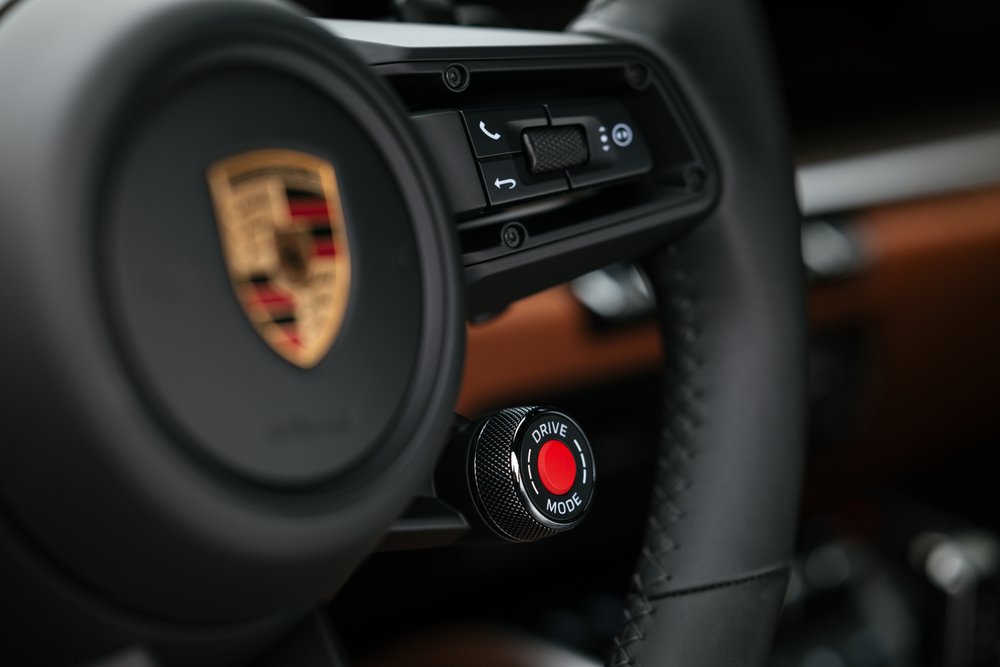
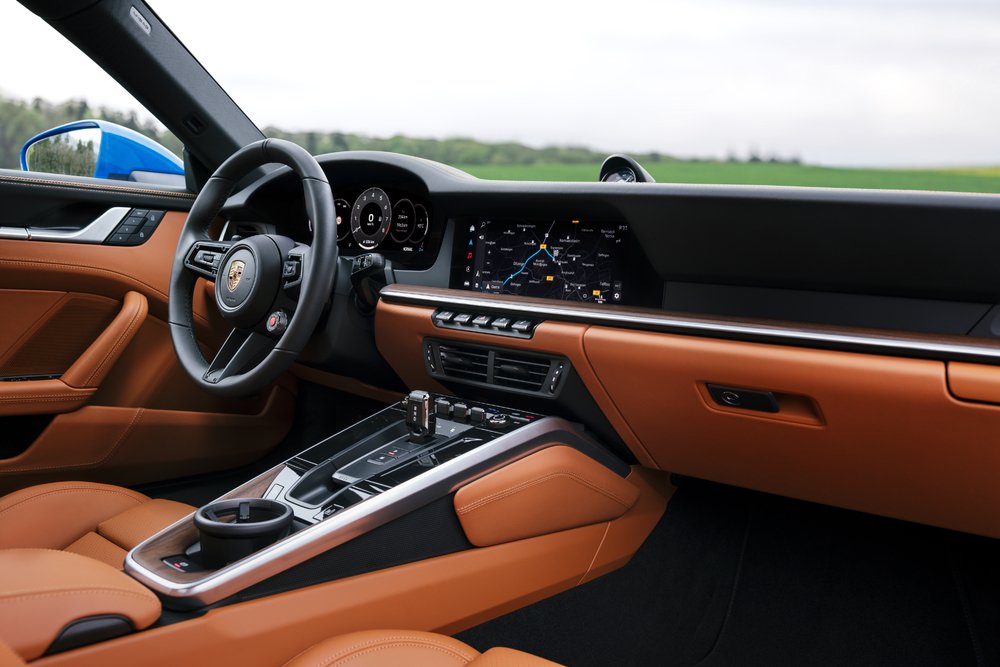
Sporty, streamlined exterior
Porsche has streamlined the exterior design of the 911 with carefully targeted updates. Most of these measures improve the aerodynamics and performance of the sports car. The changes include new, model-specific bumpers. For the first time, Porsche has also integrated all light functions into the now standard matrix LED headlights of the 911, with their characteristic four-point graphic. This makes it possible to omit the front driving lights and creates space for larger cooling vents in the front of the car.
On the 911 Carrera 4 GTS, the front end has five vertically arranged active cooling air flaps visible from the outside and another hidden flap for closing the bypass on each side. For the first time in the 911, these are complemented by adaptive front diffusers in the underbody, which are controlled together with the cooling air flaps. These elements direct the air flow as required: when power requirements are minimal, closed flaps optimise aerodynamics. When power demand is high – for example in on-track situations – the flaps direct large amounts of air to the car’s radiators. The sensors for the assistance systems are now located behind a high-gloss surface below the number plate.
Optionally, Porsche offers the new headlights with an HD matrix LED function with more than 32,000 light points. The high-performance high beam illuminates the road to a distance of more than 600 metres. It also offers innovative additional functions such as a driving-mode-dependent dynamic cornering light, lane brightening, construction site and bottleneck light and a non-dazzling high beam that is precise to the pixel.
The redesigned light strip with an integrated arc and ‘PORSCHE’ logo makes the rear end of the 911 appear deeper and wider. A redesigned rear grille with five fins per side connects to the rear window to form a graphic unit that fades into the retractable spoiler below. The number plate is positioned higher, with a clearly structured rear bumper. Model-specific exhaust systems are elegantly integrated into the striking diffuser fins. A sports exhaust system is optionally available for the 911 Carrera. The 911 Carrera 4 GTS comes standard with a GTS-specific sports exhaust system.
An optional aero kit further enhances the performance of the 911 Coupé. It includes a distinctive SportDesign front bumper with a unique front spoiler, matching side sill panels and a lighter, fixed rear wing. These components reduce lift and improve the grip of the sports car.
Fully digital cockpit
In the coupé variants, Porsche has designed the interior of the new 911 as a two-seater as standard. A 2+2 seat configuration is available as an option at no extra charge. In the cockpit, Porsche combines the familiar 911 design DNA with modern technology: the Porsche Driver Experience control concept focuses on the driver’s axis and intuitive, faster operation. Essential control elements have been arranged directly on or around the steering wheel. These include the standard driving mode switch, the revised driver assistance lever and, for the first time in the 911, a start button – to the left of the steering wheel, naturally. In the centre console storage compartment of the new 911, there is a cooled compartment for smartphones, with an inductive charging function.
For the first time, the 911 has a fully digital instrument cluster. The 12.6-inch curved display fits elegantly into the new control and display concept and can be extensively customised. It offers up to seven views, including an exclusive Classic display inspired by the traditional five-tube Porsche dial design with a central tachometer.
The Porsche Communication Management (PCM) system is still operated via the high-resolution central display with a 10.9-inch screen. However, the customisability of the driving modes and the operation of the driver assistance systems have been significantly improved.
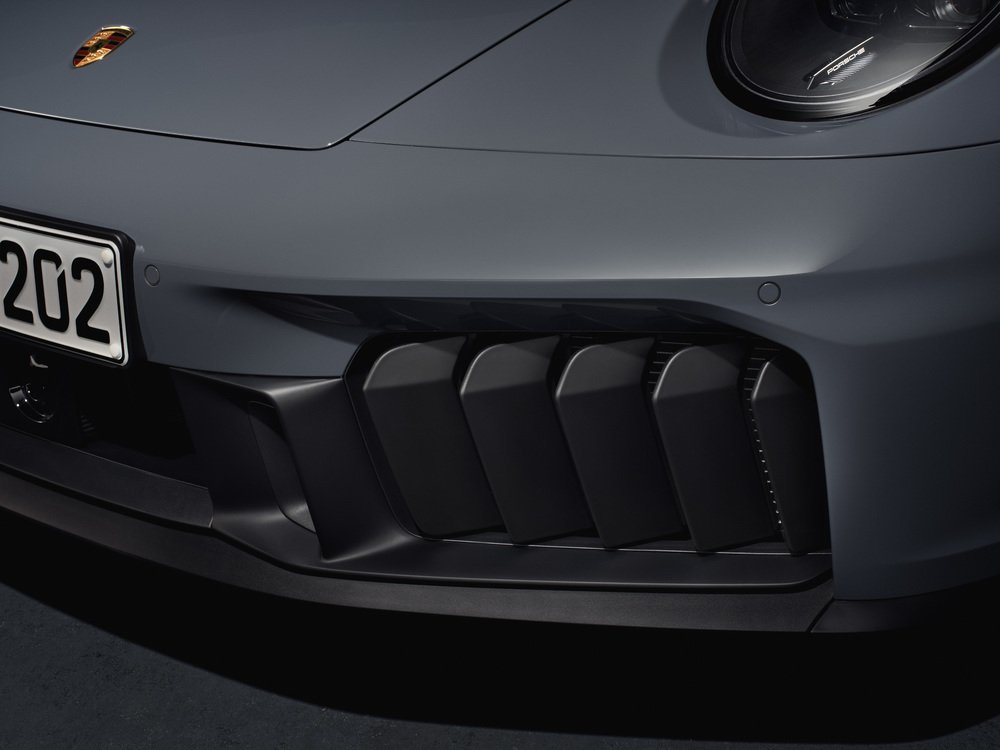
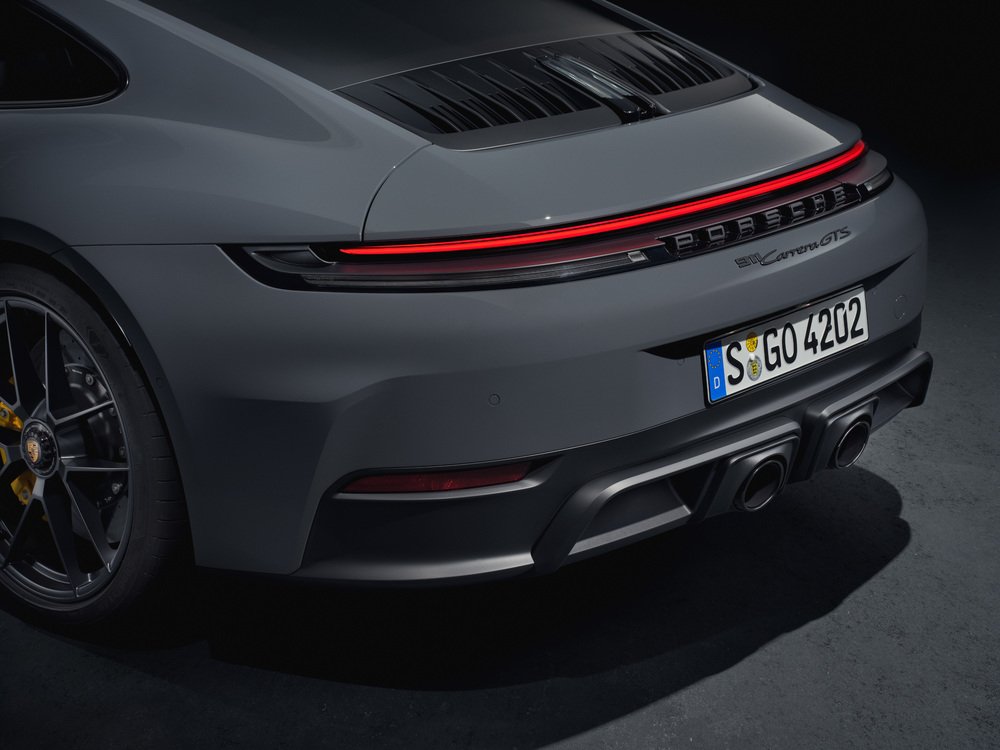
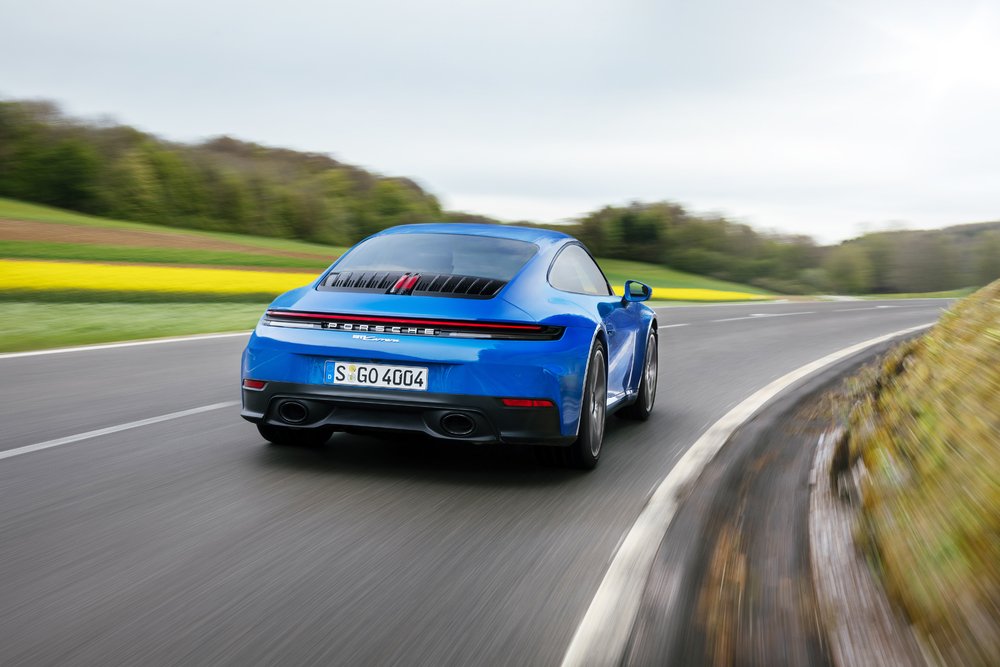
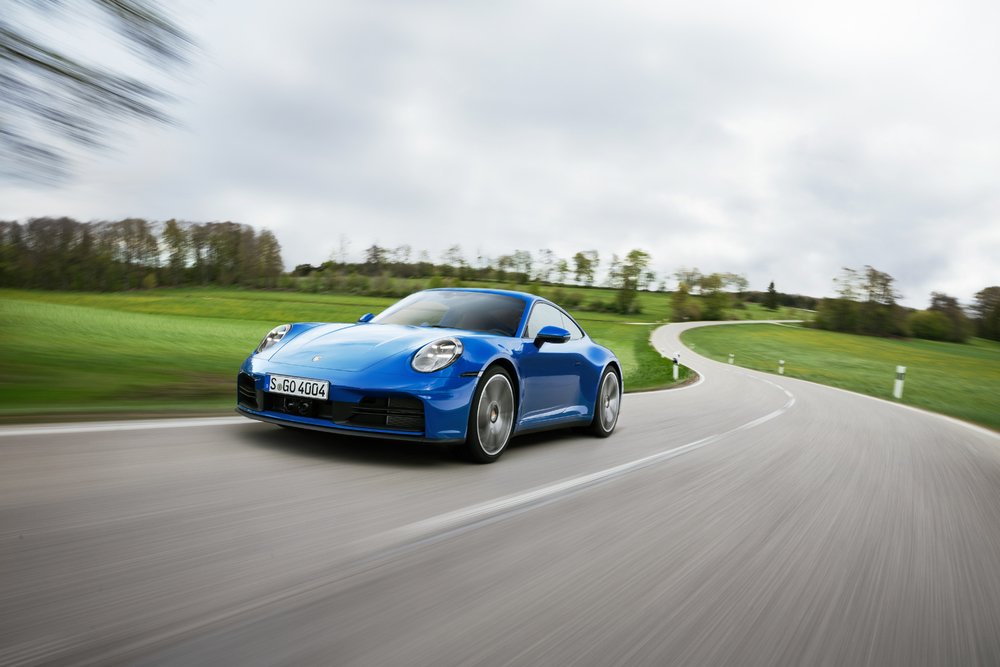
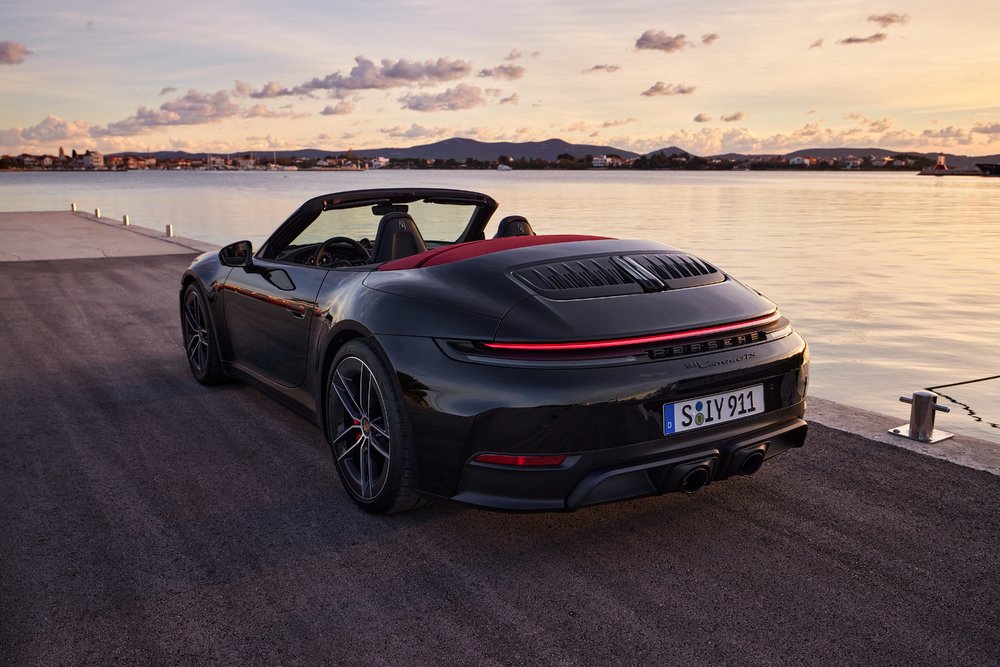
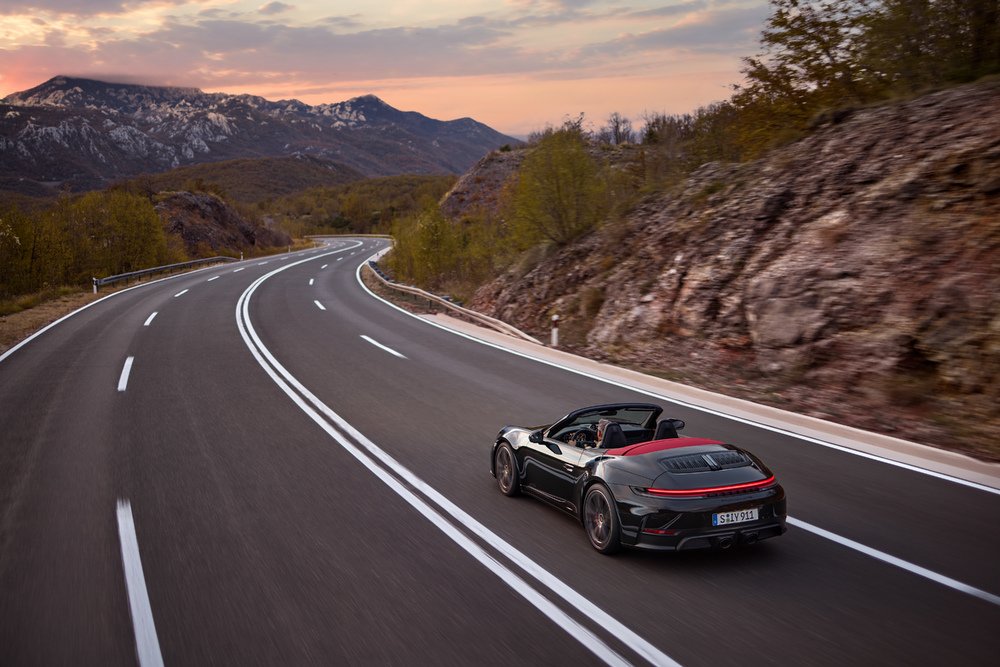
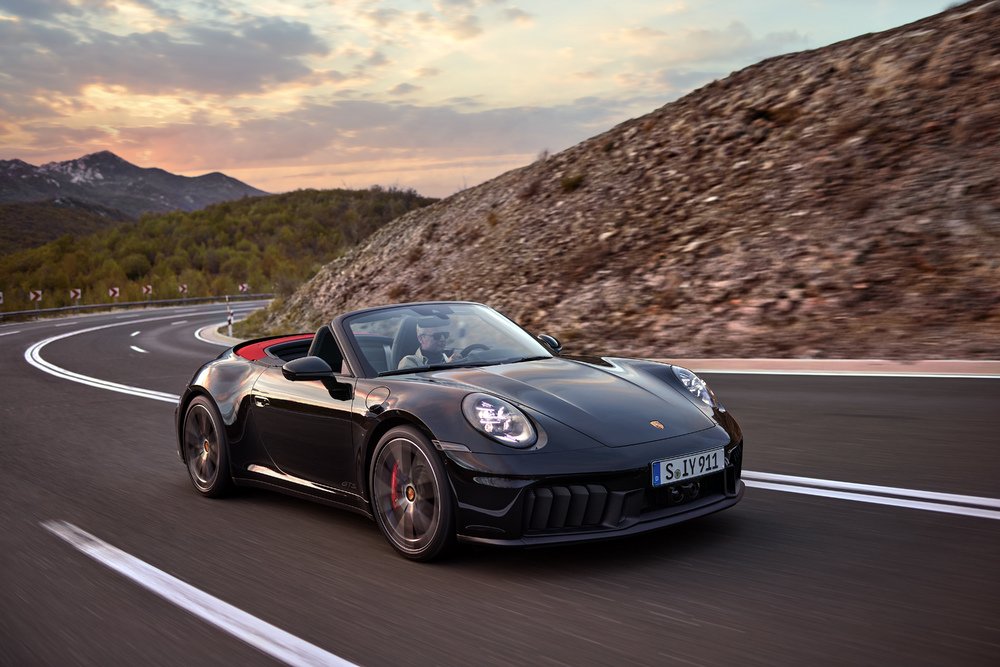
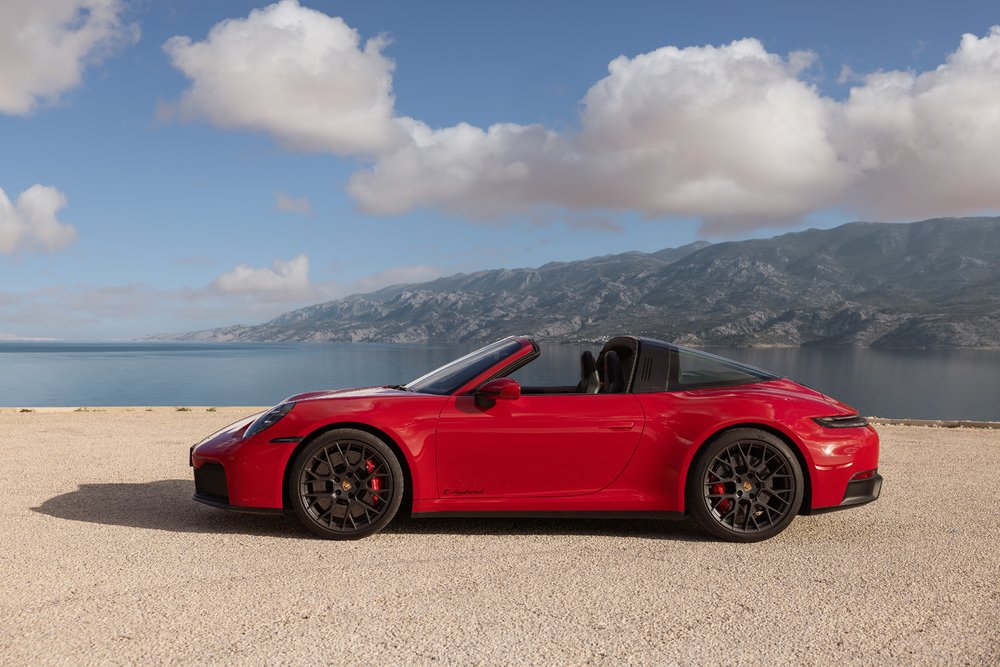
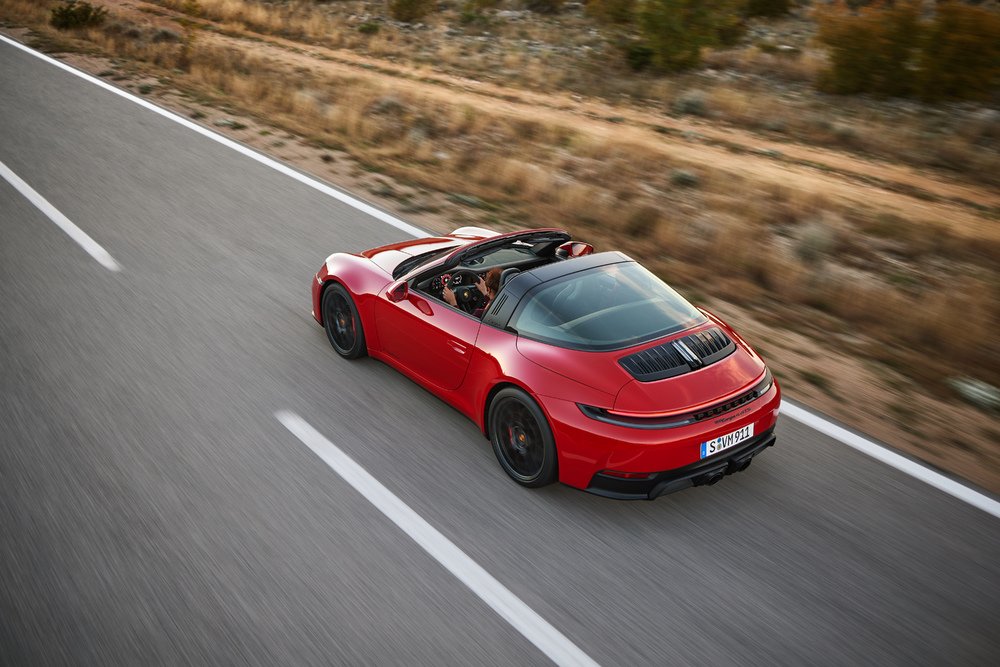
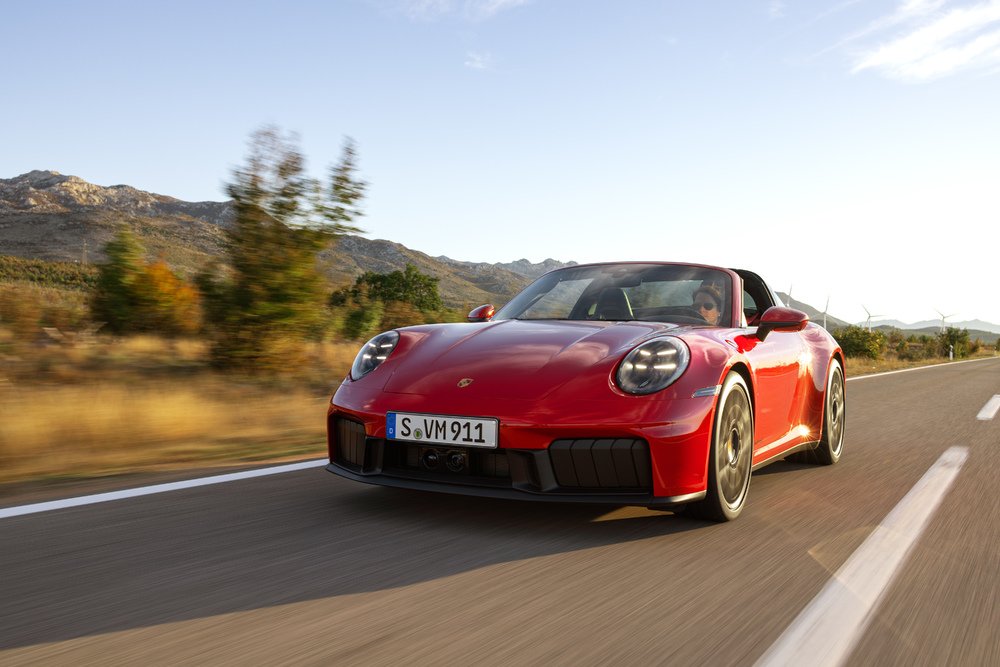
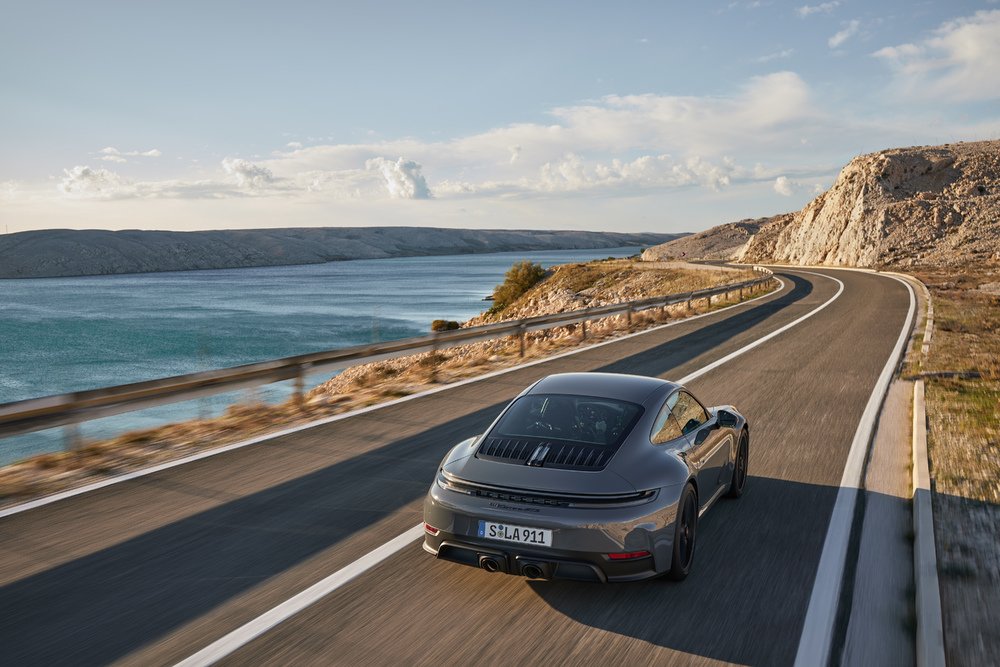
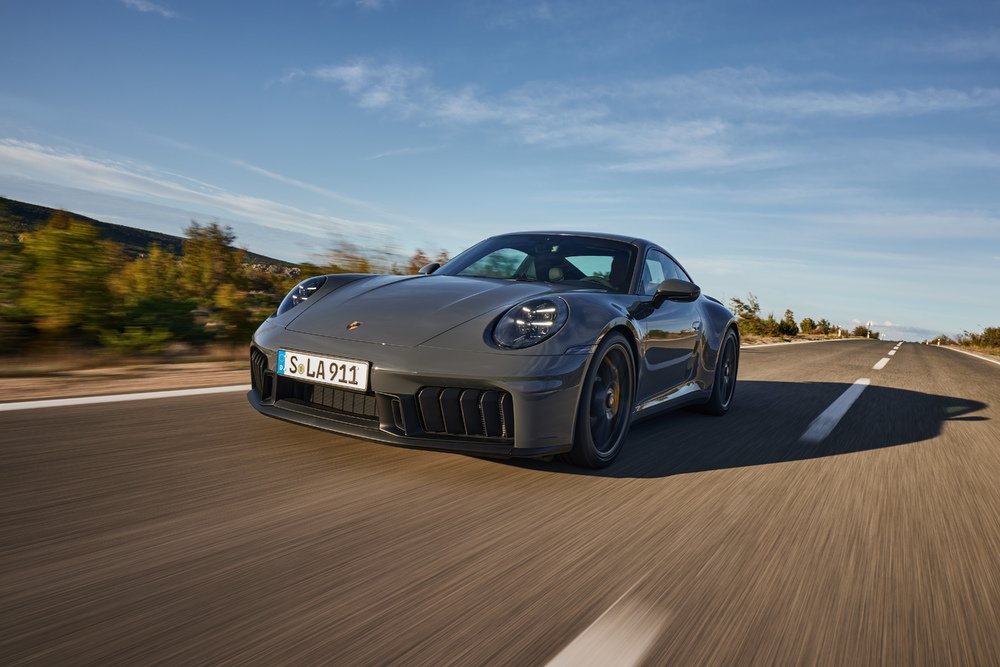









More Stories
All-new KIA Seltos launched starting 10.99 Lakh
TATA.ev dominates EV sales, surpasses 250,000 EV sales
Tata Motors and Red Bull Collaborate to Embark on an Adventurous Journey